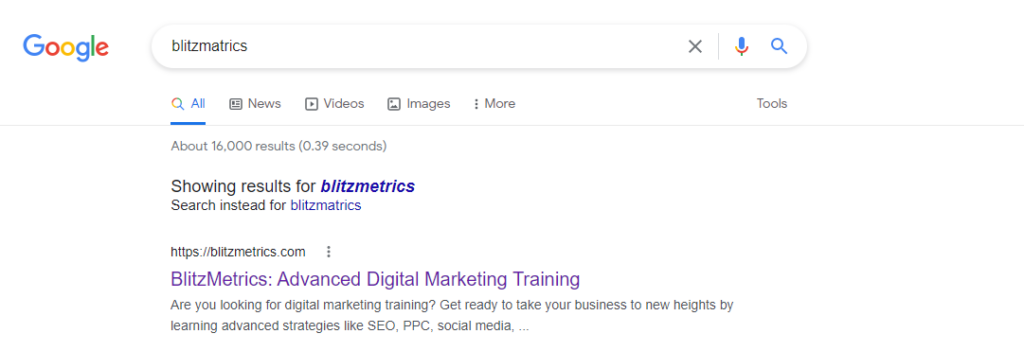The website set up today is like throwing everything at you. There is no decision mechanism, no way to differentiate what you’re interested in; usually, there are a few pieces of information we need.
For Example, One of my clients, Carl, is trying to help people decide how to get to the grand canyon. The grand canyon is one of the most evergreen things on the planet. I helped them segment to get to their answer quicker on how best to visit the grand canyon.
For the best website experience, think about the content you’ve made and questions that are pinching people down.
It would be best to ask a few simple questions, feed them a bit of value, and then ask another question as an actual consultation would.
If you do that, you could eliminate 98% of the work in trying to make more content and making more videos because you’ve already said everything you need to say. You just haven’t asked the questions that push them down one path.

You have the content, but you don’t have the gating that moves them between the stage and the tree. So if you explicitly ask questions, you will already have all the content.
Build a tree at the top with questions. Don’t try to hike it up and down in one day.
If you just put some of that logic there, you will make a better experience for Google because what Google’s trying to do is they’re trying to imagine you’re the search engine.
Unfortunately, Google’s taking these queries because people don’t know how to search.
Google’s revolutionary change
In the next couple of years, Google’s moving into a revolutionary change in search; they’re moving into more variations of PAA (people also ask).

It could be that right now; you’re seeing just one PAA module. And maybe there’s another one. Google is doing this because they realized how search used to be.
You ask for one thing, and Google gives you the answer. Like, what’s the capital of Iowa? What’s the temperature outside? They’ll give you the answer. That’s what a search engine does. But Google wants to be more contextual.
If I click on one of the PAAs, it suddenly shows me more PAA. So, that’s how one PAA triggers more PAAs. They’ve announced embedding multiple PAA modules inside the search.
It is also kind of a PAA here if Google is organizing how they answer people’s queries– interactive questioning where one answer leads to the next thing. Then pretty soon, you will be down the rabbit hole.
So we don’t want to fight what Google is doing. It would be presumptuous and full of hubris to assume that we know better than Google.
Google is doing this because it knows that people are more impatient and getting smarter about searching.
The average search query used to be two words. And now it’s three and a half to four. And by next year, it’s going to be five words. People are getting smarter about searching.
How to get traffic?
The one thing that would make a considerable difference is adding an interactive journey, or you can use Google optimize to send 5% of your traffic to an interactive experience and see how that might behave.
Optimization allows you to try different combinations of home pages and videos.
If we find what wins, it’ll go from 5% to 100% of your traffic, as you can set the percentage on Google optimize. Even a simple quiz where you ask a couple of questions and they make a recommendation, they will trust that result more. And you’ll have a better conversion.
When I built this at Yahoo 20 years ago, I thought that if people spent more time on our sites, that would be a better experience because most of the time, they just wanted some quick answer, and then they left.
So if people are going down to the second page of search results, that isn’t good. That means they didn’t get what they wanted on the first page.
So time on site, it’s contextual to what kind of goal they have. Google takes that into account, and they do it via something called rank brain.
The initial headline that brings them to your site counts the most. Then comes on-page factors or link equity, the off-page SEO.
And Google can do this because they know that anyone is using the Google app or Google Analytics on the site, or maybe people are running Google ads. They claim that they don’t tie that data together. But I think they do.
Loss in traffic
I’ve seen a significant traffic loss because many sub-keywords or words that do not have correct spelling will diminish, and google will take that traffic away. So we have to be dominant on the term to get traffic on that misspelling.

And the way we do that is we dominate PAA. So if we are killing it on PAA and specific features, they will send us to that traffic for the misspellings.
Google is a light detector. The more people look at your content, the more it drives signals into your content.
